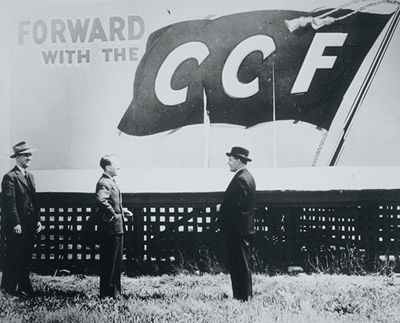Article
Civil Procedure
Civil procedure, the body of law concerning the prescribed methods of resolving disputes through litigation (see Civil Law). "Civil" distinguishes this body of law from criminal procedure, which concerns the methods of prosecuting criminal offences.









